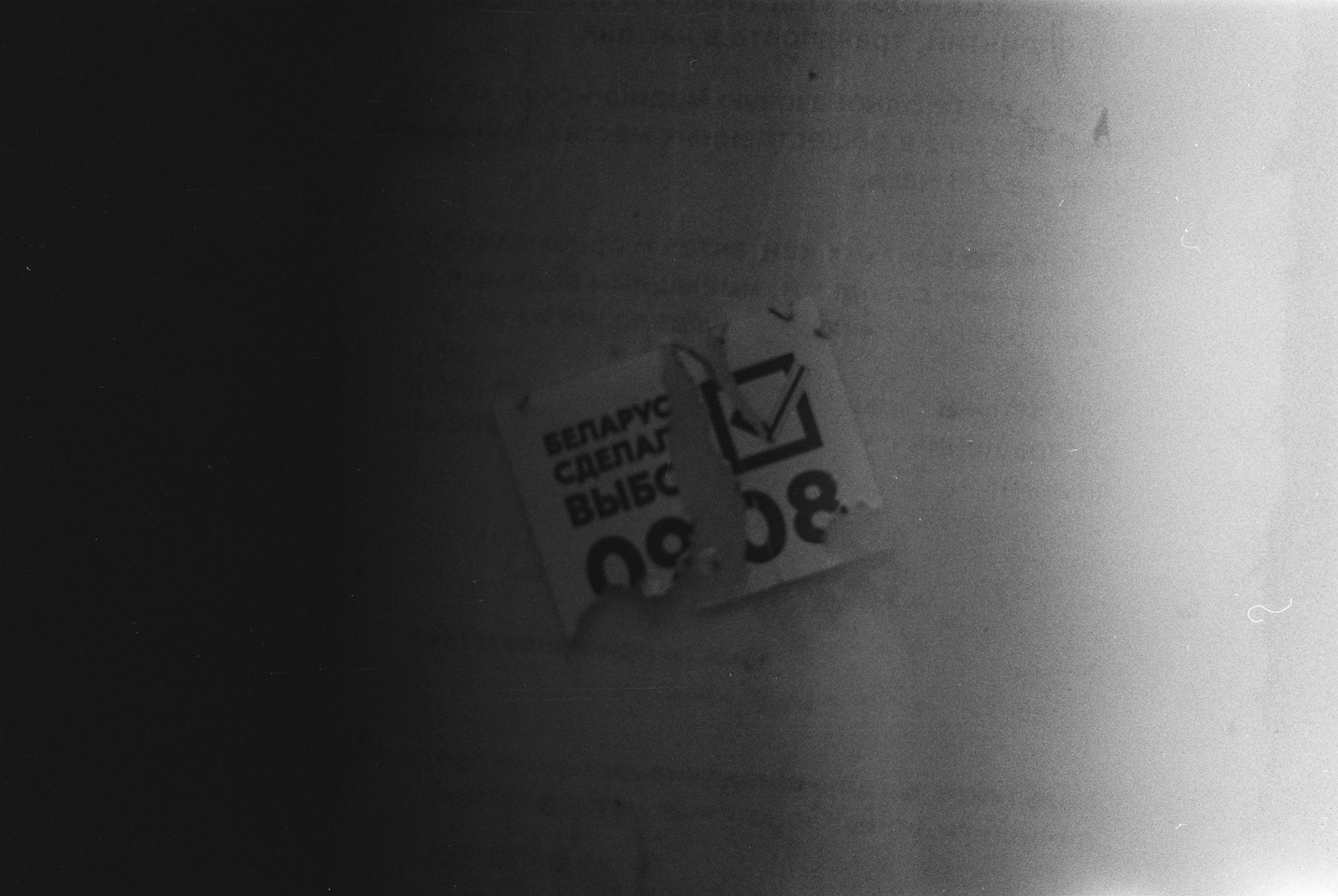
标题
biao ti

title
The Chinese word for 'title' is '标题'. This can refer to the heading of a book, an article, or the name of a movie, etc. It is used in much the same way as the English word 'title', identifying the name or designation of something.
Example sentences using: 标题
这个标题很精彩
zhè ge biāo tí hěn jīng cǎi

This title is very exciting
This sentence is expressing the speaker's opinion about a title. They find it very exciting.
他的标题是什么?
tā de biāo tí shì shén me?

What is his title?
This sentence is expressing the speaker's curiosity about someone's title.
哪本书的标题最长?
nǎ běn shū de biāo tí zuì cháng?

Which book has the longest title?
This sentence is asking a factual question. The speaker wants to know which book has the longest title.
我的标题必须是真实的。
wǒ de biāo tí bì xū shì zhēn shí de.

My title must be genuine.
This sentence is declaring the speaker's requirement for their title. It must be real.
她的标题真是太棒了。
tā de biāo tí zhēn shi tài bàng le.

Her title is really great.
This sentence is expressing the speaker's admiration of a title. They find it really great.
我喜欢这个标题。
wǒ xǐ huān zhè ge biāo tí.

I like this title.
This sentence is expressing the speaker's preference. He or she likes this title.
他是怎么想出这个标题的?
tā shì zěn me xiǎng chū zhè ge biāo tí de?

How did he come up with this title?
This sentence is the speaker wondering about the origin of a certain title.
标题应该反映内容。
biāo tí yīng gāi fǎn yìng nèi róng.

The title should reflect the content.
This sentence is expressing a normative statement about titles. They should reflect the content.
标题词汇应该简单明了。
biāo tí cí huì yīng gāi jiǎn dān míng liǎo.

The vocabulary in the title should be simple and clear.
In this sentence, the speaker is expressing an opinion that the words used in the title should be simple and clear to understand.
为什么你的标题这么长?
wèi shén me nǐ de biāo tí zhè me cháng?

Why is your title so long?
This sentence is expressing the speaker's query about the length of a title.